New York, MINA – The International Court of Justice (ICJ) is expected to postpone the verdict on Myanmar’s alleged genocide of Rohingya Muslims. This is because Myanmar raised an initial objection to the case.
“The ICJ’s final ruling on whether Myanmar violated the Genocide Convention, and therefore what reparations are required, will be delayed by the time it takes the court to hear arguments as well as decide on initial objections, a delay of possibly at least one year,” said the based Global Justice Center (GJC) in New York, United States (US), in a legal summary as quoted from Anadolu Agency on Sunday.
Myanmar has raised objections over whether Gambia is eligible to file a case of alleged genocide of Rohingya Muslims with the ICJ.
“The objection challenges Gambia’s ability to file genocide charges against the Myanmar state,” said the GJC.
Also Read: Former Bangladesh PM Sheikh Hasina Sentenced to Death
Initial objections were used in the ICJ to raise issues, mostly procedural, which one respondent said, in this context Myanmar, had to be resolved before the case was successful.
“Such objections are frequently filed because there is a possibility that the resolution of the objection could result in a court refusing to decide on the substantive issue of a case,” said GJC.
In November 2019, Gambia, on behalf of the Organization of Islamic Cooperation (OIC), brought cases of suspected genocide against Rohingya to the ICJ in The Hague, Netherlands.
Gambia believes that Myanmar has violated the UN Genocide Convention. Myanmar and Gambia are parties to the convention.
Also Read: Pakistan Declares State of War After Car Bomb Incident
The first trial of the alleged Rohingya genocide case was held for three days from 10-12 December 2019. In its initial decision last January, the ICJ asked Myanmar to prevent further Rohingya genocide. The country is also required to provide a report regarding the preventive measures it takes every six months.
In August 2017, more than 700,000 Rohingya fled Rakhine and fled to Bangladesh. This happened after the Myanmar military carried out a brutal operation to arrest the Arakan Rohingya Salvation Army (ARSA) guerrillas. Civilians also became victims in the operation.
The massive flow of refugees to the border region of Bangladesh immediately triggered a humanitarian crisis. Rohingya refugees are forced to live in tents or camps and depend on international aid. (T/RE1)
Mi’raj News Agency (MINA)
Also Read: Jakarta Hosts Gala Dinner for World Peace Forum Delegates






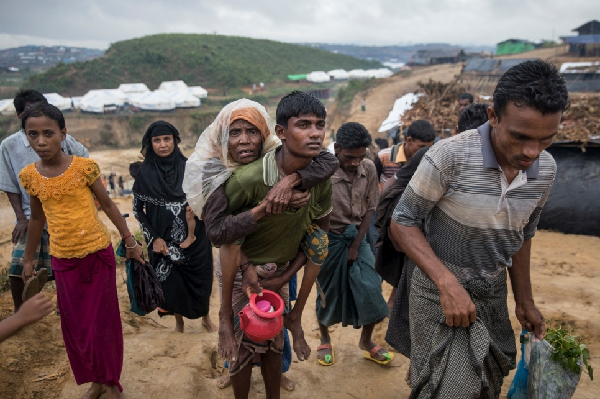



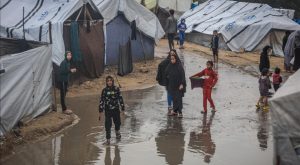
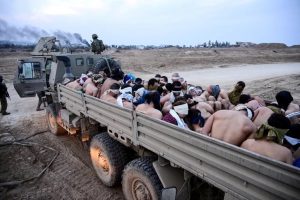
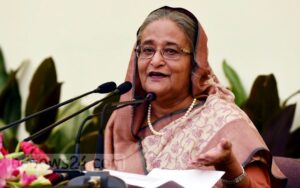



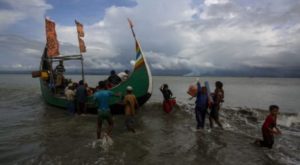
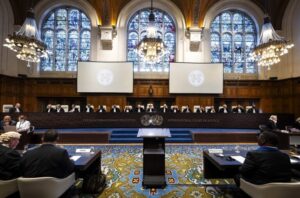
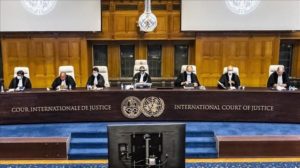
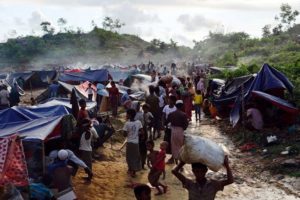
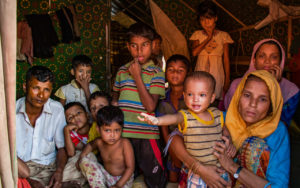
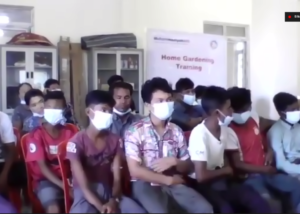










 Mina Indonesia
Mina Indonesia Mina Arabic
Mina Arabic